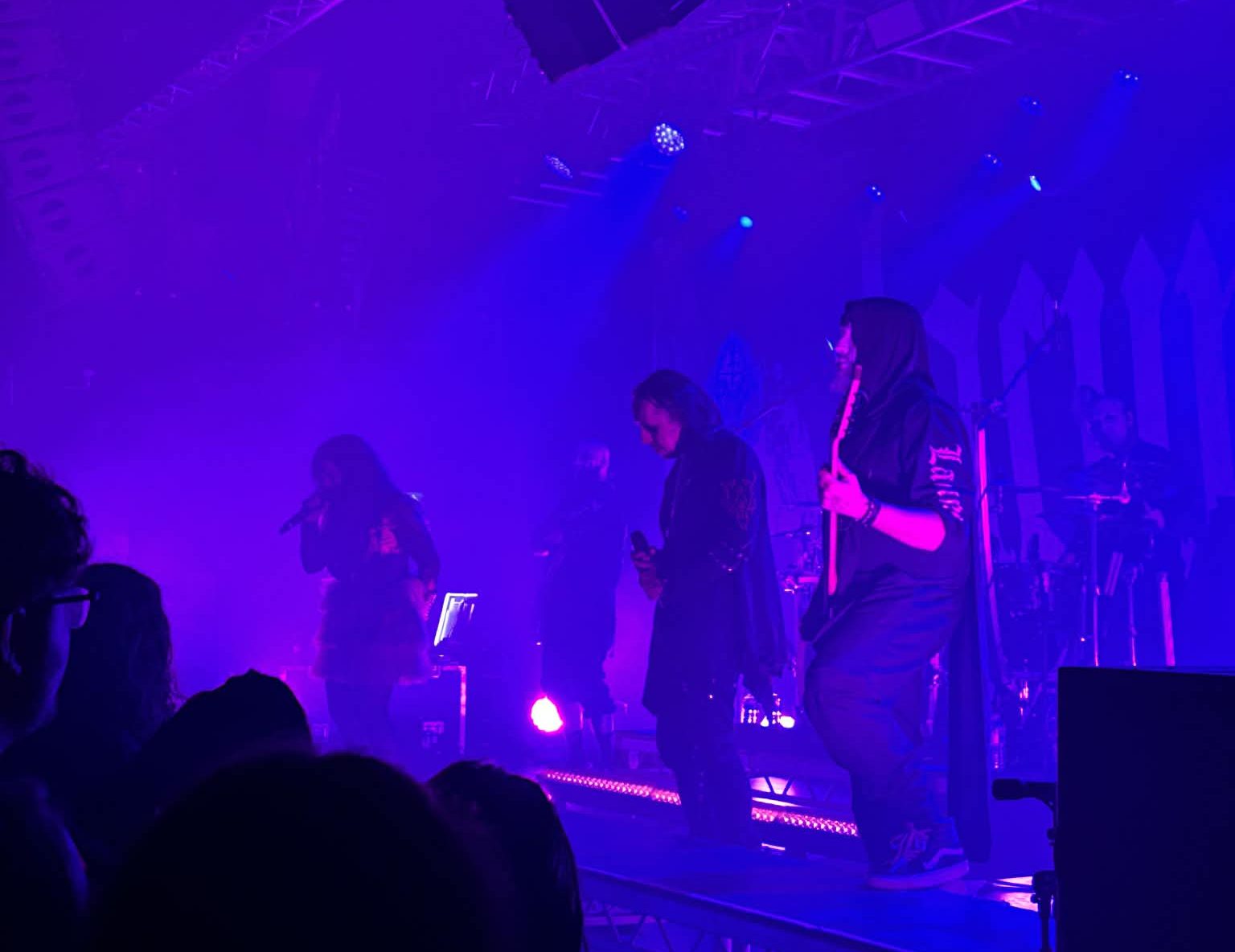Black Panther has set world records, smashed the box office and started a cultural phenomenon. We asked Quench contributors to tell us their thoughts too…
Directed by Ryan Coogler, the film follows T’Challa (Chadwick Boseman) as he takes his place as king of Wakanda following the death of his father. T’Challa’s rule is not an easy one, however, as he faces discontentment in the form of Erik Killmonger (Michael B. Jordan) as a result of his father’s earlier misjudgements as king.
The film admittedly gets off to a slow start as the backstory behind Wakanda and the Black Panther is explained, but that is the only fault that I can find with this film. Each of the characters are well thought out, from the presentation of Nakia (Lupita Nyong’o) and T’Challa’s complicated relationship, to the heart-warming relationship between siblings Shuri (Letitia Wright) and T’Challa, providing the film with elements of humour. What is more, from the rich costumes to the scenery, the fictional African nation of Wakanda is depicted beautifully.
T’Challa’s rival, Erik Killmonger, is not familiar to the often power-crazed villains akin to the Marvel Cinematic Universe; his character is more complicated than that. It is society’s treatment of his race and Wakanda’s response (or lack of) that drives his anger. Moreover, it is perhaps this presentation of Erik Killmonger’s anger at society that serves to highlight the importance of the release of this film, celebrating African culture, rather than disregarding it from Western society.
If you’re a keen follower of the MCU, or are completely new to the franchise I cannot recommend this film enough.
By Bethany Griffths
Arguably the most anticipated film of 2018, the trailer alone was viewed 89 million times 24 hours after its release and is currently the most tweeted about film of the year, Black Panther does not fail to disappoint. With a crazy talented cast and director behind it, it would’ve been hard to not create the masterpiece Ryan Coogler gifted audiences. The soundtrack alone should get people pumped, produced by Kendrick Lamar, he was chosen for the curated soundtrack, as his ÔÇÿartistic themes align’ with the movie Coogler envisioned.
The story revolves around T’Challa (Chadwick Boseman) becoming King of Wakanda, a fictional place in North Africa, after the death of his father. They use the fictional metal vibranium to develop advance technology. Wakanda has kept itself hidden from the rest of the world as they do not trust outsiders, an underlying political commentary on the western world’s relationship with Africa. T’Challa’s main nemeses are Klaue (Andy Serkis), who has stolen vibranium and attempts to distribute it to the outside world and Eric Killmonger (Michael B. Jordan), who challenges T’Challa’s position on the throne.
This film has taken a long time to come to fruition, back in 1992 Wesley Snipes was the first to express an interest in making Black Panther from the comic books to the big screens. However, it seems appropriate in our current political climate, with movements like #BlackLivesMatter arising amongst Trump being elected president, to have such an empowering film.
This movie has broken not only box office records, being the second highest film of all time over its earnings in its four-day opening weekend by earning $242.2 million in the US alone, but also cultural boundaries. It offers a positive portrayal of the black experience, avoiding suffering and poverty which are common topics in movies. Not only racially uplifting, it also presents strong, independent female characters, such as Nakia (Lupita Nyong’o), Shuri (Letitia Wright) and Okoye (Danai Gurira). The ÔÇÿBlack Panther Challenge’ whereby people donated to GoFundMe campaigns so that young children could see the movie in cinemas raised $400,000 in total, becoming the largest campaign for the company in history.
This is more than just a superhero movie. I encourage you to watch Black Panther and be a part of the cultural phenomenon.
By Bonnie Milner-Whamond
In an age where the practice of ÔÇÿwhitewashing’ (casting White actors to play characters of colour) is still a common phenomenon in Hollywood cinema, its extremely refreshing to see a blockbuster from a movie powerhouse celebrate diversity and showcase dark-skinned individuals in such a positive way. Black Panther is Marvel’s first superhero movie led by a non-White character, which given that the first, Iron Man, was released ten years ago its about time their roster became more diverse. Director Ryan Coogler delivers a fun and fast-paced storyline set mostly in the fictional African nation of Wakanda, one of the richest and technologically advanced nations in the world.
Through stunning visual effects and costuming inspired by traditional African patterns and fashions Coogler dabbles with the concept of Afro-Futurism, a media movement which incapsulates science-fiction themes with Black history and cultures; to bring us an African utopia free of the influences of Western colonialism. The film also introduces us to group of new characters, most likeable of which is King T’Challa’s (the Black Panther) younger sister Shuri, played by British breakout star Letitia Wright. Hyper-intelligent, and also a lover of outdated Vine memes, Shuri is a funny and loveable addition to this movie, and it’s great to see a young woman of colour leading the way in a STEM field.
The villain of this film, Erik Killmonger, is also a welcomed addition. Complex but driven by an understandable motive he wants to use Wakanda’s tech to liberate Black people from oppression in other parts of the world. Its an interesting dilemma which is explored throughout the movie. Overall, Black Panther breathes new life and vibrancy into the Marvel Cinematic Universe, whilst expanding its horizons (Oh, and the soundtrack is lit).
By Maisie Williams


